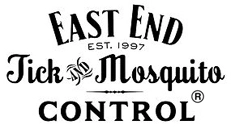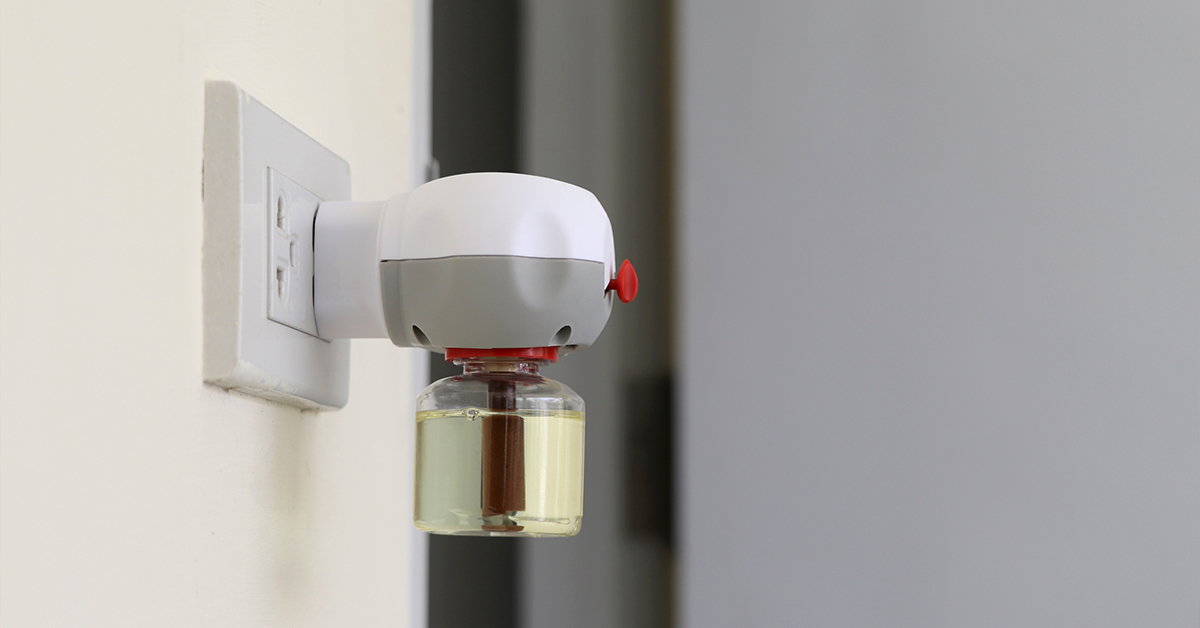As warmer weather arrives, so do droning, biting mosquitoes. When temperatures exceed 50 degrees Fahrenheit, these disease-bearing pests emerge and actively seek blood meals. Don’t let yourself (or your pet) become their next victim.
Do Mosquito Repellents Actually Work?
Mosquito repellents aren’t perfect, but they may aid in masking chemical cues that mosquitoes use to find a food source. Some repellents are more reliable than others, and you’ll want to select the type that reduces your risk of mosquito bites as much as possible.
Are Mosquito Repellents 100% Effective?
No mosquito repellent is 100 percent effective… and some aren’t worth your money at all.
Mosquito sprays (and other applications) containing DEET are among the most effective repellents. Developed by the U.S. Army in the 1940s, DEET has been the most reliable mosquito deterrent since it became publicly available in the late 1950s. Look for products containing DEET or other proven ingredients – such as picaridin, ethyl hexanediol, metofluthrin, or diethyl phthalate.
Be aware that even the best of these options only reduces mosquito attraction by 60 percent. You still need to be on guard against mosquito bites.
Natural repellents are hit or miss, and many don’t live up to their promises. By far, the most helpful natural ingredient is oil of lemon-eucalyptus… which rivals DEET in its efficacy. Herbal repellents (particularly citronella) are increasingly popular among those who wish to avoid using chemical repellents, but they are only mildly effective. Other natural repellents include basil, lavender, lemongrass, peppermint, and rosemary.
Mosquito repellent devices like “sonic” plug-ins claim to repulse mosquitoes with high-frequency sound. There is no scientific evidence to support this and, in fact, studies show they are almost completely ineffective.
What Actually Gets Rid of Mosquitos?
When it comes to mosquitoes, an ounce of prevention is worth a pound of cure. The best way to deal with mosquitoes is to avoid attracting them in the first place.
The surest way to reduce the number of mosquitoes on your property and around your home is to eliminate standing water and other areas where they can lay their eggs. Any amount of standing water can become a mosquito hatchery – gutters, rain barrels, puddles, bird baths, buckets, kiddie pools, unattended pet dishes, even the drainage tray for potted plants. Empty these receptacles often and clean them as necessary.
Mosquito “dunks” may be helpful in areas that cannot be cleaned often. These disks – available at most hardware and home improvement stores – contain a bacteria toxic to mosquito larvae.
If you have eliminated potential breeding grounds and tried passive repellents but still have mosquitoes… it may be time to use a broadcast treatment to apply a spray to your entire yard. There are sprays that repel mosquitos, while others kill adult or larval mosquitoes. So, be sure to read labels carefully and to choose the product best for your situation. You may wish to consider leaving mosquito elimination to the professionals who can provide both chemical and more natural options to eliminate mosquitoes – and to deter them from returning.
When Repellents Don’t Do the Job, We Can
East End Tick & Mosquito Control® is your mosquito elimination expert, with over 20 years of experience. We offer organic, environmentally friendly ways to combat mosquitoes throughout their lifecycle. For more information, reach out online, or call us at (631) 324-9700 in East Hampton, (631) 287-9700 in Southampton, or (631) 654-9700 in Southold.


